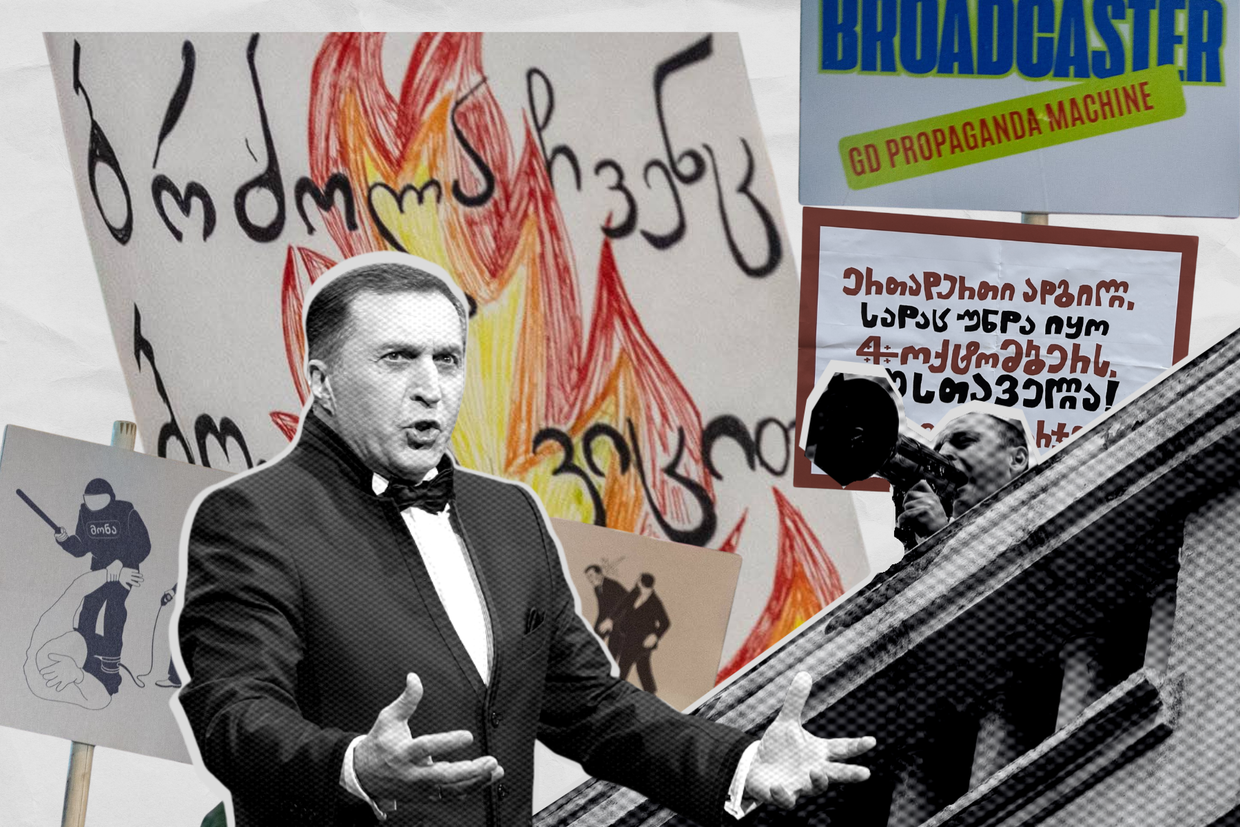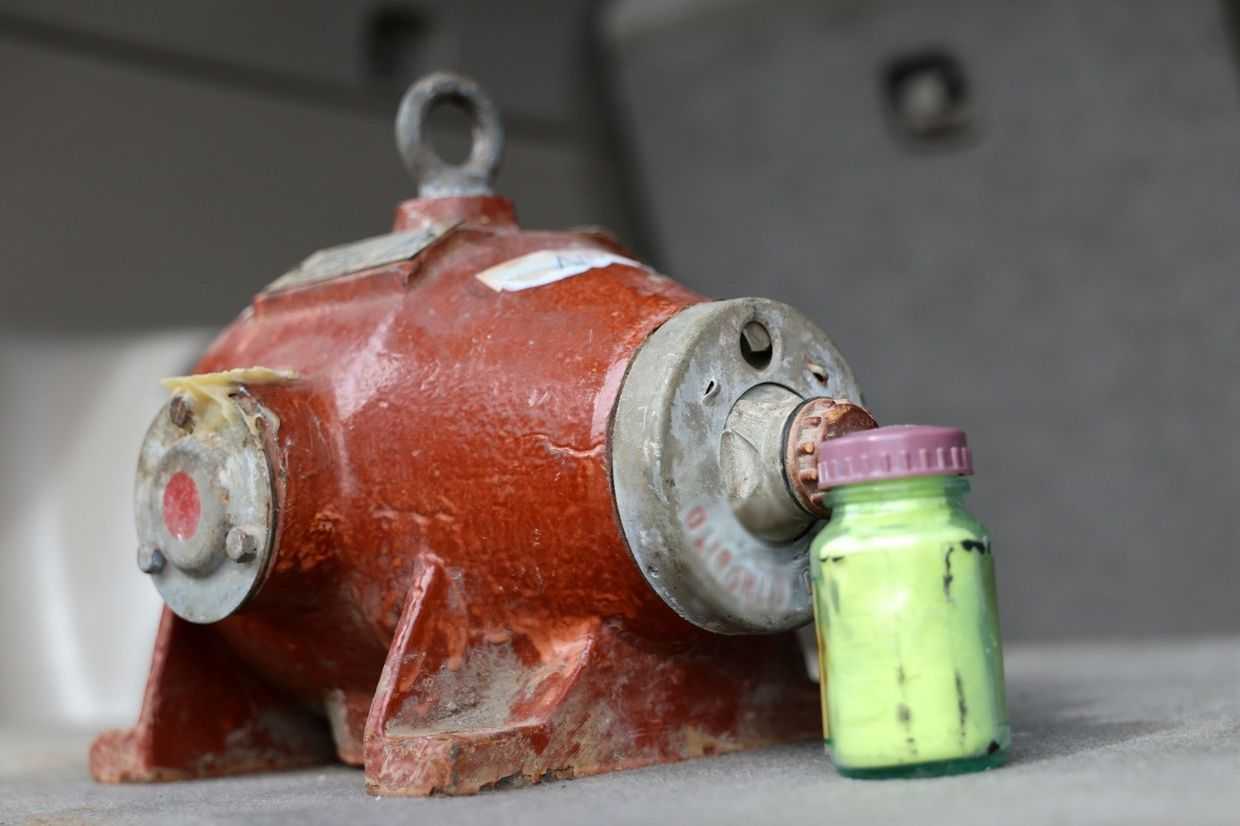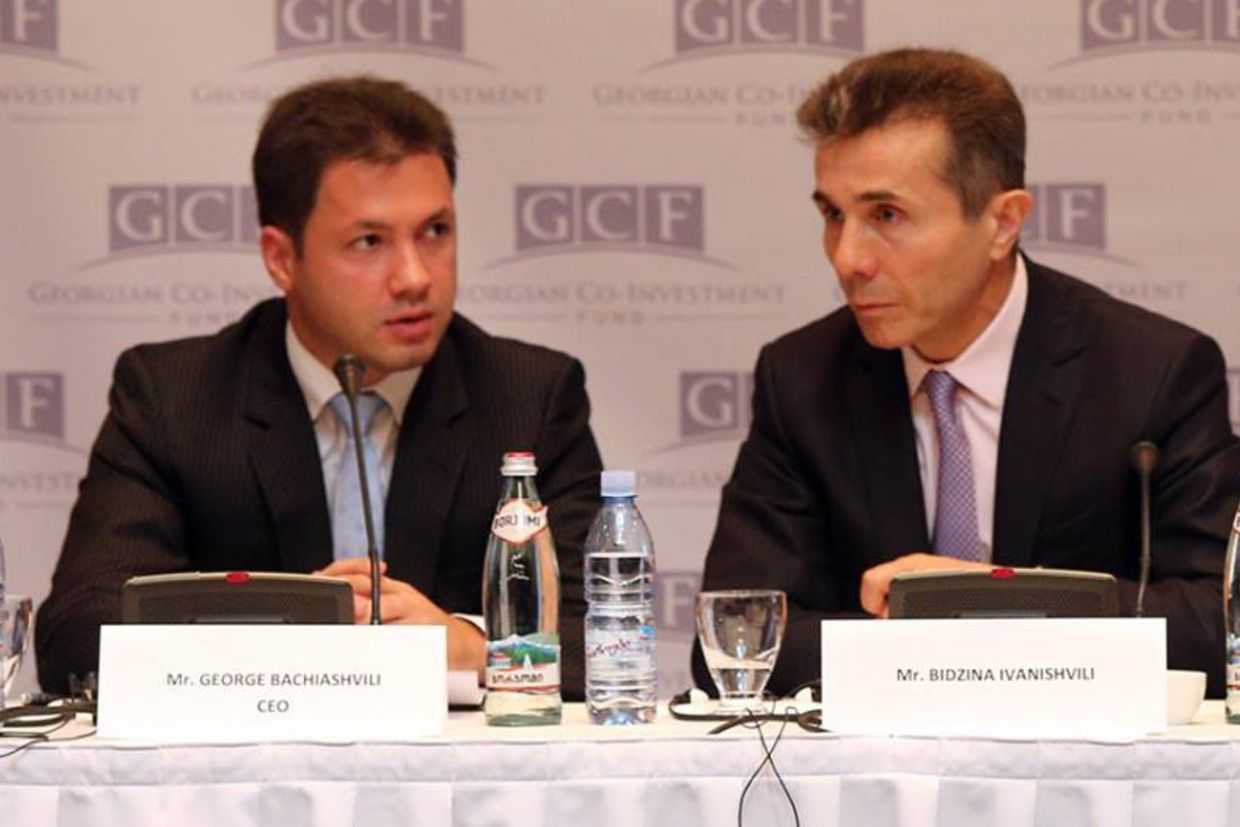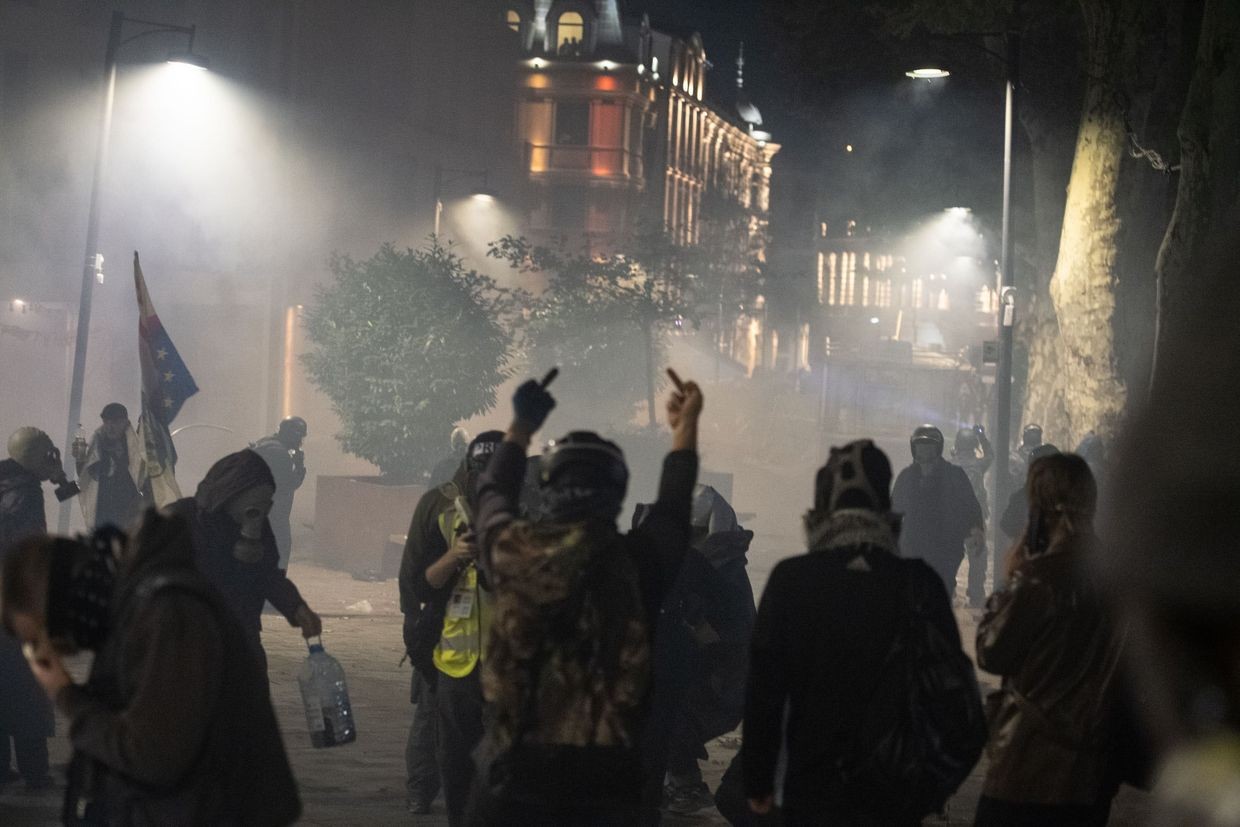
The Georgian Interior Ministry has continued detaining individuals in connection with the 4 October anti-government demonstration in Tbilisi. According to Deputy Interior Minister Aleksandre Darakhvelidze, 15 people have been identified ‘in the first stage’, of whom 13 have already been detained.
The arrests took place on Monday evening and night, accompanied by a briefing from Darakhvelidze, who said the detainees were involved in ‘criminal activity’.
The statement was released along with footage filmed at the Presidential Palace, where a group of demonstrators attempted to break in on Saturday night.
According to Darakhvelidze, two of the 15 identified individuals are ‘currently in hiding’, and police are working both to locate them and to identify and prosecute other people ‘involved in the crime’.
According to the opposition United National Movement (UNM) party, four of those arrested are their members.
‘The Russian regime continues its repression of innocent patriots with fabricated charges’, the UNM said, referring to the ruling Georgian Dream party as the ‘Russian regime’ as many of its opponents do.
Activist Vakhtang Pitskhelauri from the eastern Georgian city of Gori is also among detainees. His wife, Teona Bzishvili, told the media before the Interior Ministry’s statement that her husband had gone missing in the evening and that she had no information about his whereabouts. Later, other activists confirmed that he had been taken by police.
The Interior Ministry said they had launched an investigation into 4 October events under four articles of the criminal code: incitement to violently overthrow the constitutional order or the government, group violence, seizure or blocking of a strategic facility, and damage or destruction of property.
On 4 October, the police detained five opposition figures who were positioned as members of the organisational committee of the anti-government demonstration. They included opera singer Paata Burchuladze, opposition politicians Murtaz Zodelava, Paata Manjgaladze, Irakli Nadiradze, and retired Colonel Lasha Beridze.
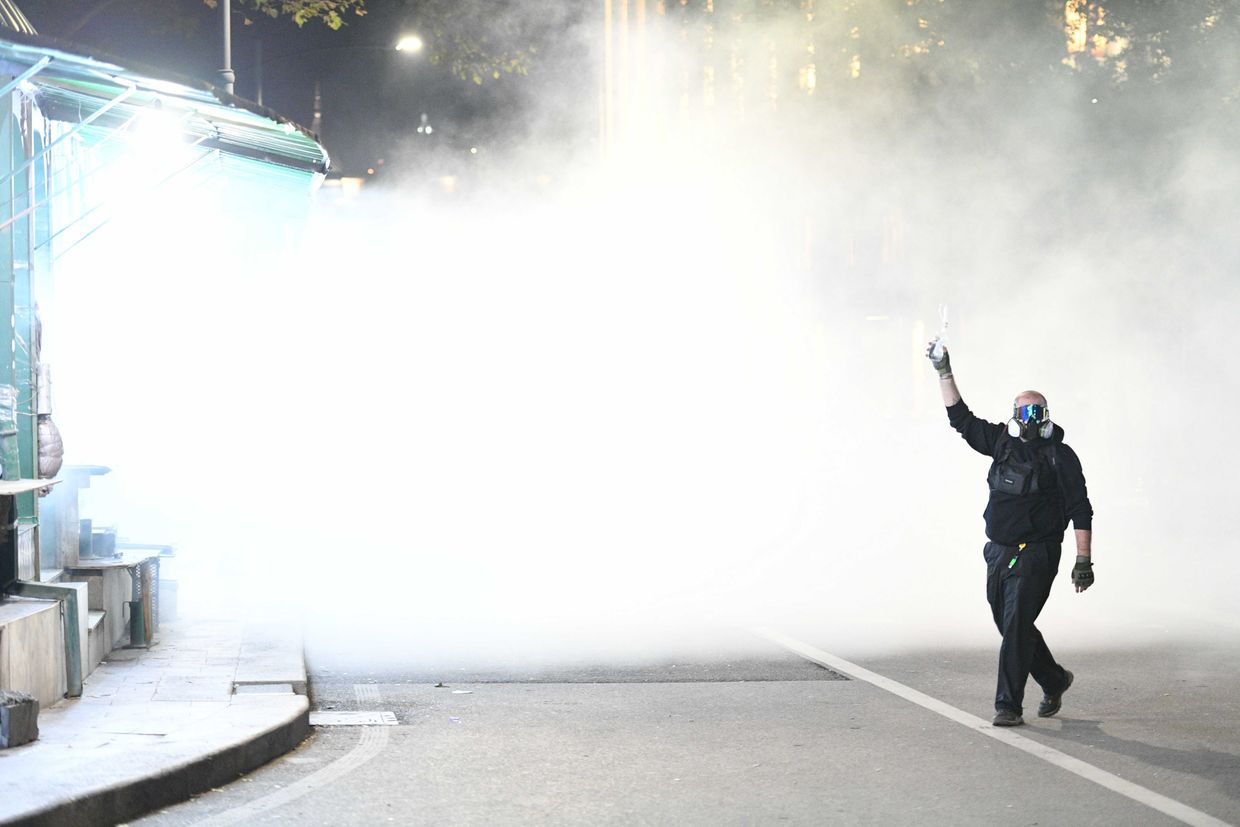
They were formally charged under several criminal articles. Zodelava, Burchuladze, and Nadiradze are accused of attempting, as a group, to seize or block strategically important facilities, organising and leading group violence, and calling for the violent overthrow of the constitutional order and state authorities.
Lasha Beridze is accused of seizing or blocking strategic facilities and organising and leading group violence.
All five face up to nine years in prison.
Their first court hearing is scheduled for Tuesday at Tbilisi City Court. Zodelava’s and Manjgaladze’s lawyer, Beka Basilaia, told journalists at the courthouse that his clients’ actions were not an attempt to overthrow the constitutional order, but rather ‘a return to Georgia’s constitution’.
‘When the prosecution talks about violence and organising violence, in reality, it was an attempt to prevent the violence that Georgian Dream has been carrying out in recent time’, Basilaia said, as cited by IPN.
The state continues claims of weapons
At Monday’s briefing, Darakhvelidze also mentioned that, in addition to the previously mentioned individuals, two more people were detained on 4 October.
According to him, both individuals were detained for the illegal acquisition and possession of firearms and ammunition. One of them was released after it was confirmed that ‘the seized ammunition was intended for his own registered firearm, for which he had a legal carrying permit’.
The police did not release the second individual, whose personal search allegedly uncovered a firearm, and during a search of his Batumi residence, authorities reportedly seized ‘a large quantity of ammunition, magazines, air guns, helmets, a radio transmitter, and around 150 SIM cards’.
Darakhvelidze did not directly mention any connection between either of them and the 4 October demonstration, leaving the context in which he referenced them unclear.
Earlier, on Sunday, the State Security Service (SSG) reported that it had discovered ‘combat material’ in a forest near Tbilisi, which the agency claimed were intended for use during the 4 October rally.
The SSG said its officers managed to ‘neutralise the circle of individuals who were supposedly planning to transport the said combat materials and explosives into central Tbilisi’.
The SSG also stated that the materials had been acquired by a Georgian citizen currently wanted by authorities, ‘on the instructions of a Georgian member of a military unit operating in Ukraine’. The agency has previously accused Georgians fighting in Ukraine of attempting to destabilise Georgia.
What happened on 4 October?
On Saturday afternoon, in parallel to the partially boycotted municipal elections, tens of thousands gathered in Tbilisi’s Liberty Square to attend an anti-government demonstration, branded before as a ‘peaceful revolution’.
One of the main initiators of the rally, opera singer Paata Burchuladze, declared from the stage that Georgian Dream was an illegitimate government and that power should be transferred to the people.
This was followed by opposition politician Murtaz Zodelava’s call for male demonstrators to march toward the nearby presidential residence on Atoneli Street, which a group of protesters later attempted to storm. In response, police used tear gas, water cannons, and pepper spray. Protesters built barricades, and sporadic clashes around the residence continued late into the night.
The rally apparently suffered from a lack of coordination, with demonstrators complaining about the absence of a clear plan from the organisers.
The 4 October demonstration coincided with the 311th day of continuous anti-government protests that have been ongoing since the government’s EU U-turn, without clear organisers or party affiliation.
The first phase of the protests was marked both by police violence and attacks on protesters and journalists by unidentified masked individuals.
Since the start of the protests, police have detained hundreds of people, with criminal cases launched against more than 50 of them. Many have already been convicted, and their release remains one of the protesters’ key demands.
